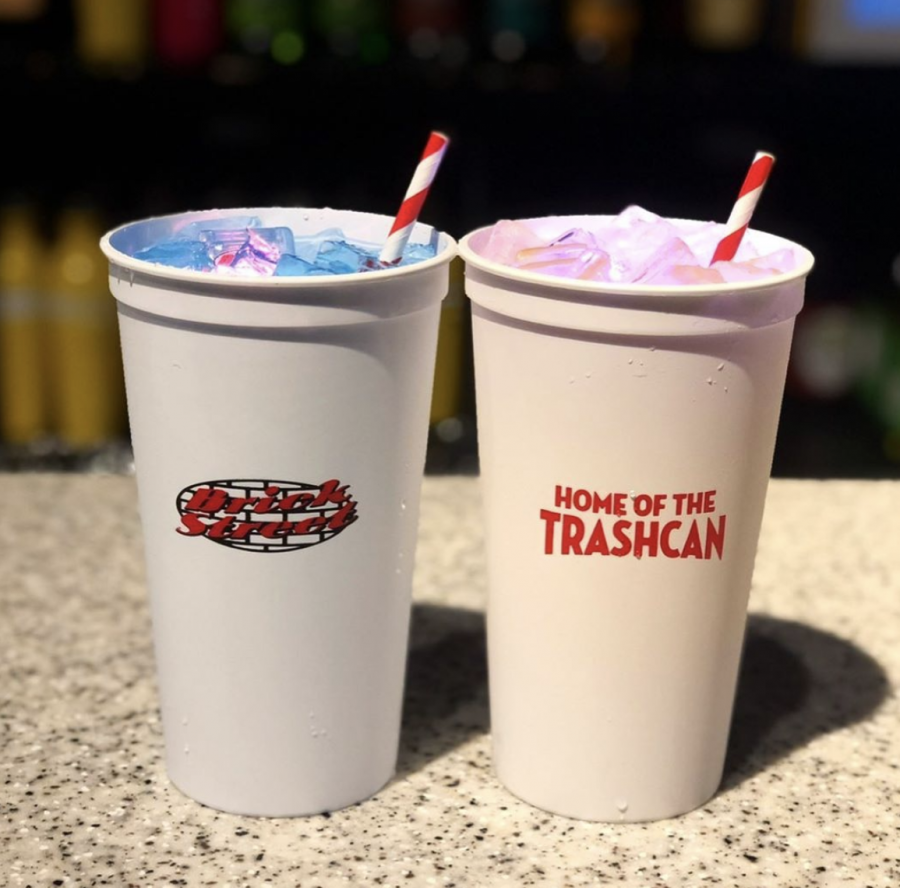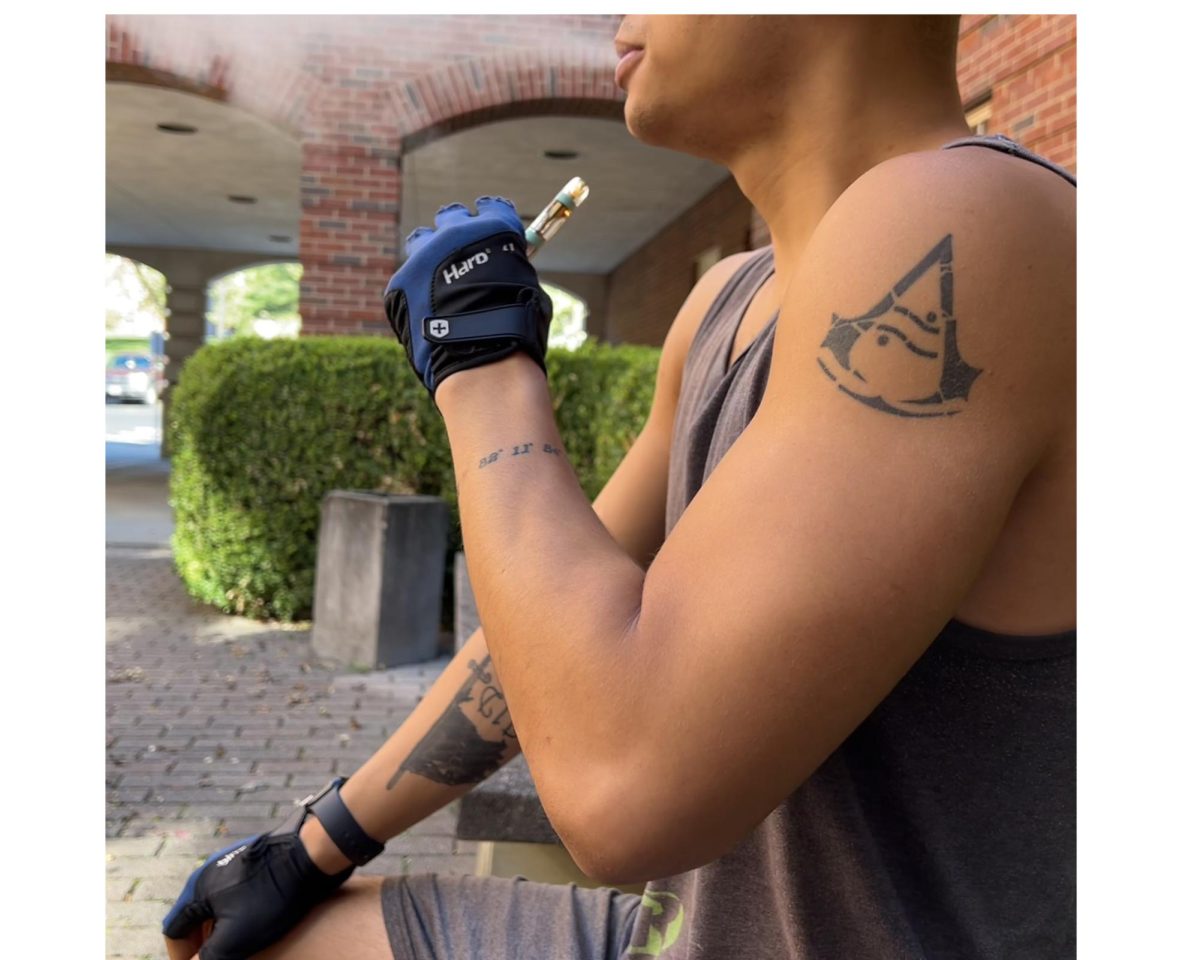As the house lights of Miami’s most popular uptown bar flicker on and the crowds of Miami students make their way home, Miami senior Megan Bees begins her nightly rounds of trash collection at Brick Street Bar and Grill.
“It’s no secret that Brick goes through a lot of trash,” said Bees. “I mean on an average night I probably serve around 600 drinks.”
Miami’s long-standing reputation as a party school has resulted in significant media coverage — but rarely in terms of how that revelry impacts the environment.
In light of the public outcry regarding the environmental crisis, students and businesses in Oxford have begun to take a closer look at some of these costly party habits. But in the race toward green, many uptown bars are focusing on more alternative sustainable options as opposed to the traditional recycling route.
“The uptown bars are taking steps in the right direction,” said Lauren Ferrell, an environmentally-conscious student at Miami University.
Now when Bees sells those 600 drinks, they come with a red and white paper straw instead of a plastic one. The recent effort by Brick Street equates to 600 fewer plastic straws per bartender that are deposited into the ocean of trash during a single shift on a weekend night in Oxford.Brick Street isn’t the only uptown bar making adjustments for the sake of sustainability.
Just down the road, CJ’s employee Will Hoffman jokingly boasted about their efforts. “We use reusable towels and also have never had straws because we love turtles,” said Hoffman, referring to a viral video of a sea turtle with a plastic straw stuck in its nose.
“But even with the paper straws and reusable towels, if you’re not recycling then you’re not being sustainable,” said Ferrell.
The uptown battle to recycle
Despite progress made, commercial recycling practices in Oxford are notoriously low. Last January, Rumpke Waste & Recycling reported that less than 10% of its commercial customers in Oxford recycle.
“One of the more limiting factors [to sustainability] is the type of recycling offered in the city,” said Will Weisman, owner of Brick Street Bar and Grill. “It is really beyond the businesses on some level.”
The nature of commercial recycling programs in Oxford is complicated because Rumpke customizes its services based on the needs of each business. The system means that different bars may face different criteria for their recycling options.
But Rumpke’s rates do incentivize businesses to recycle. The expense for a business to recycle two yards of material once a week would be $25.39, while the same volume of unrecycled trash is a $43.72 a month, according to Jessica Greene, Oxford’s assistant city manager.
Oxford is one of the top recycling communities in Butler County, according to Greene, despite the lack of contribution from businesses. In 2017, Oxford recycled 17.67% of its curbside waste, according to Oxford’s annual quarterly reports.
Recycling off campus
According to the Yale University Program on Climate Change Communication, 70% of adults ages 18 to 34 say they worry about global warming. Many students on Miami’s campus also have become more conscientious about their plastic footprints.
“I use a lot less plastic than I did a year ago,” said Ferrell. “I always make an effort to bring my reusable bag when grocery shopping.”
But not all students have the same positive outlook when it comes to the practicality of being green in college.
“Recycling is pretty much a lost cause in my home,” said Hoffman. “I signed up to get the red bin from the municipal building to recycle, but the second we host a party we just throw the cans in the (trash can) because that red bin constantly overflows.”
Greene agreed the red bin is too small for an off-campus home and said students can now purchase a green, 65-gallon waste-wheeler for an additional dollar per month fee. “Sustainability is our (Oxford’s) number one goal,” said Greene. “We have a lot of new programs and ones we have been working on for years.”
But a single bartender uptown will still serve 600 drinks in a single night and much of the plastic, aluminum and glass bottles that hold those 600 drinks will still end up in an overcrowded landfill, according to Ferrell. “Small steps in the right direction aren’t cutting it anymore.”






